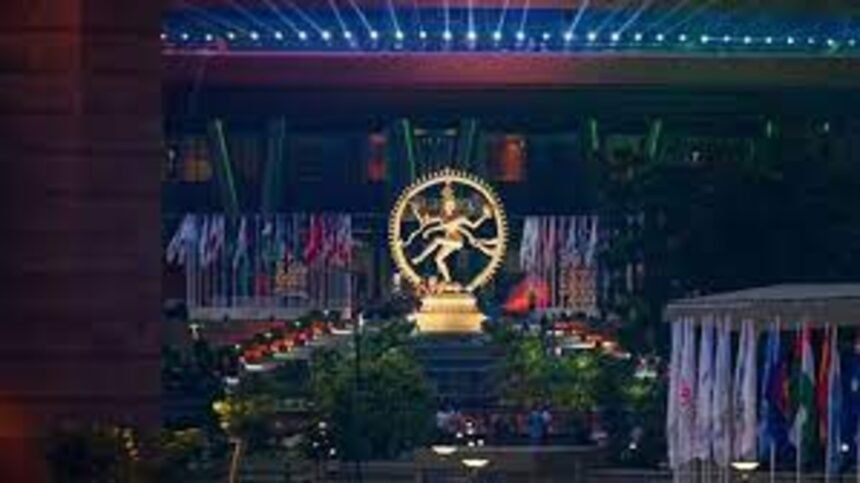September 7, 2023
Introduction
The United Nations has weighed in on the recent controversy surrounding India’s name change proposal, indicating that it will consider any formal request for such changes as they come. The dispute erupted after President Droupadi Murmu sent out invitations for the upcoming G20 dinner, referring to herself as the ‘President of Bharat’ rather than the customary ‘President of India.’

Deputy Spokesperson for UN Secretary-General Antonio Guterres, Farhan Haq, cited the precedent of Turkey changing its name to ‘Turkiye’ last year. He stated, “Well, in the case of Turkiye, we responded to a formal request delivered to us by the Government. Obviously, if we get requests like that, we consider them as they come.”
This statement by the UN official has fueled a growing debate over whether India should officially change its name to ‘Bharat,’ a term deeply rooted in the country’s history and culture. The opposition in India has accused the Narendra Modi government of attempting to discard ‘India’ in favor of ‘Bharat’ as the nation’s name.
Prime Minister Narendra Modi addressed the controversy during an interaction with the Union Council of Ministers, advising them to steer clear of the political row surrounding the issue. He emphasized that ‘Bharat’ has been the country’s ancient name and urged ministers to focus on their duties during the upcoming G20 Summit.
The G20 Summit, scheduled for September 9 and 10 in New Delhi, is under India’s presidency and is expected to host several heads of state, including US President Joe Biden.
Conclusion
The debate over India’s name change proposal has ignited discussions about national identity and cultural heritage, not only within the country but also on the global stage. As leaders from around the world gather for the G20 Summit, the ‘Bharat’ controversy is likely to remain a topic of interest and discussion.











